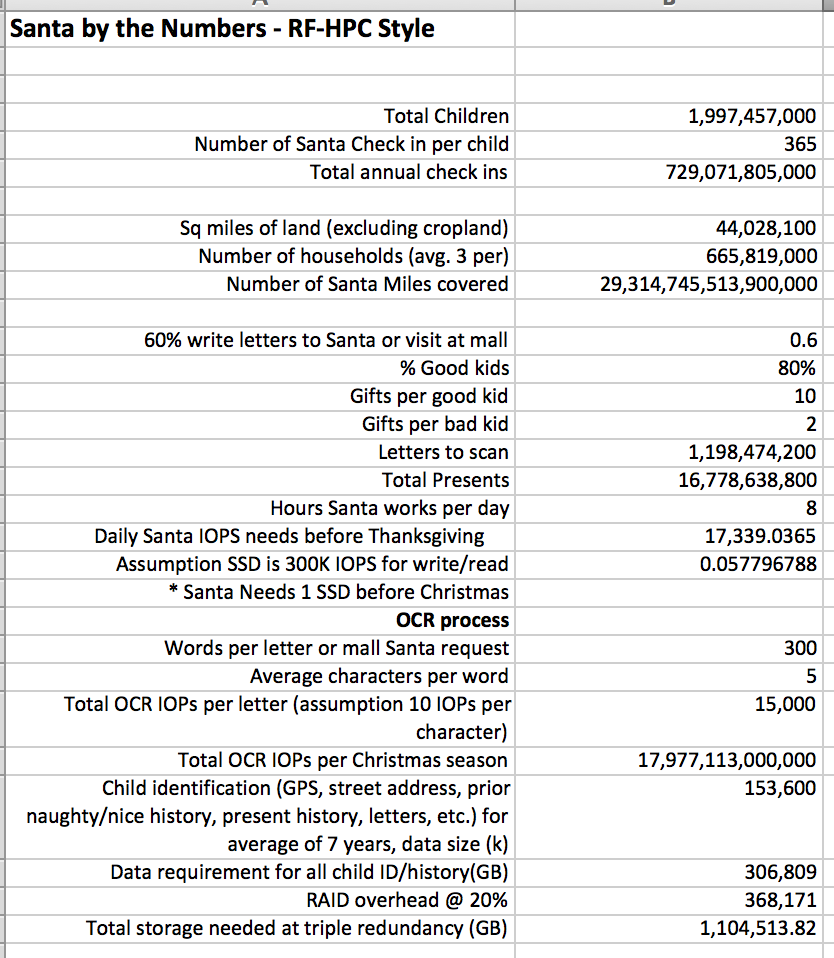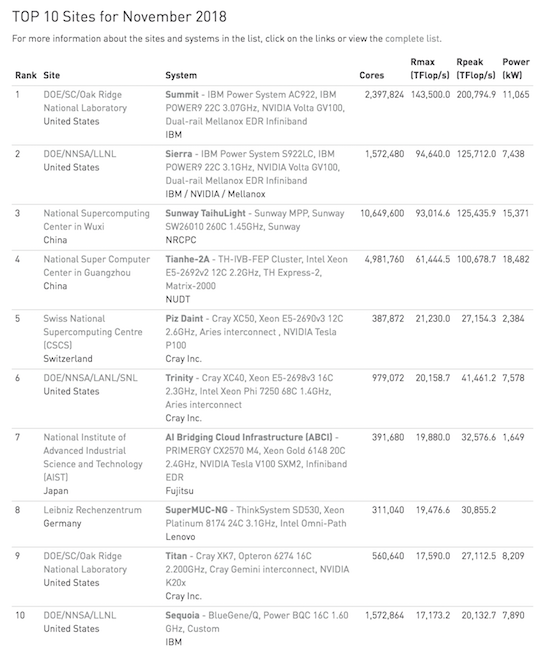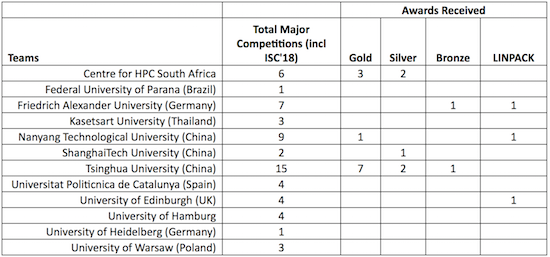The comprehensive program included national and international contributions as well as contributions from cyberinfrastructure system partners: the South African National Research Network and the Data Intensive Research Initiative of South Africa. Captains of the HPC Industry across the globe provided key talks and workshops during the conference week and they included: Patricia Damkrogel, Vice President and General Manager of Intel, Thomas Sterling from Indiana University, USA; Michael Foley who has recently retired from the World Bank, Bhekisipho Twala from the University of South Africa, Khutso Ngoasheng from the South African Radio Astronomy Observatory, Elmarie Biermann from the Cyber Security Institute and many others.
This year, following the theme of the conference on how HPC Transforms for the Future, increasing the participation of women in HPC was prominent. This was supported by the introduction of a sponsorship for an outstanding female in the Student Cluster Challenge. The award in this newly introduced category, sponsored by Intel, was taken by Ms. Mapule Madzena, a student from the University of the Free State. She was hailed as the best female student and walked away with R64 500.Download the MP3 * Subscribe on iTunes * RSS Feed
Sign up for our insideHPC Newsletter





